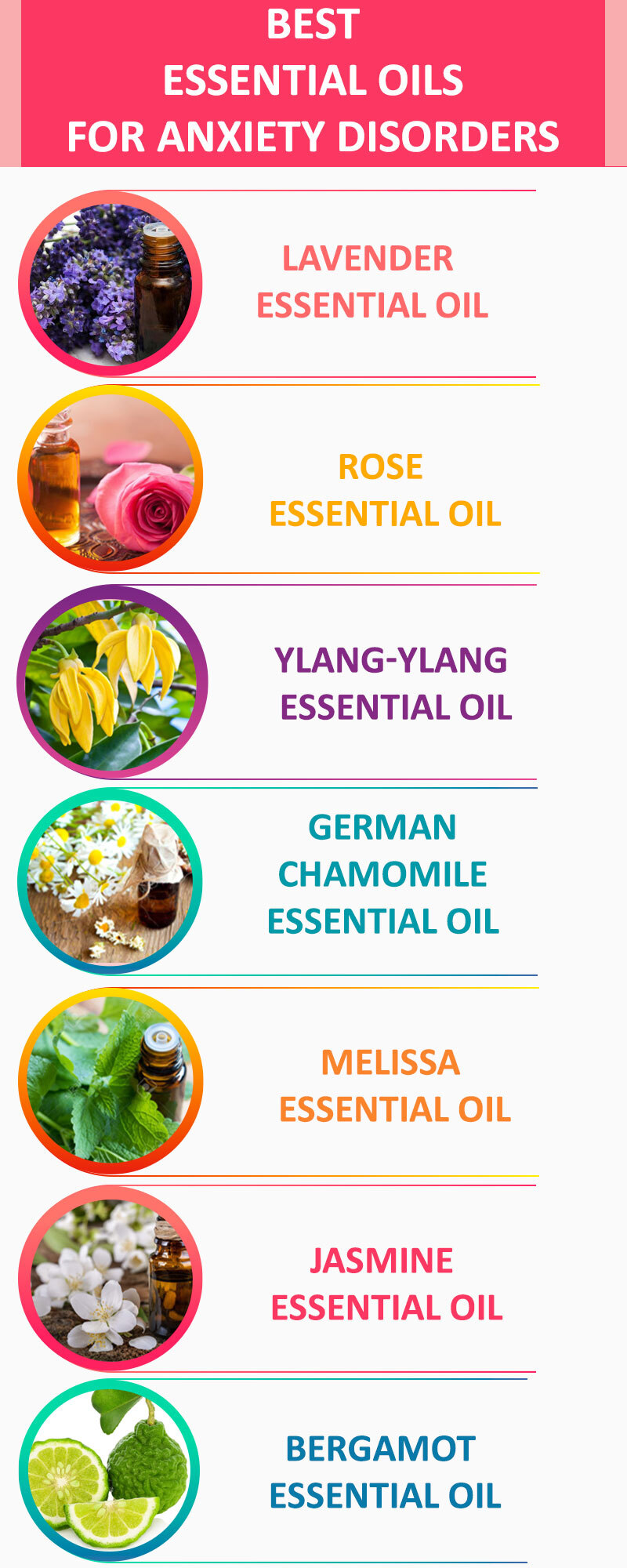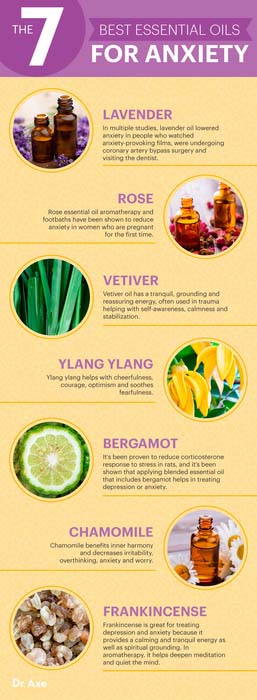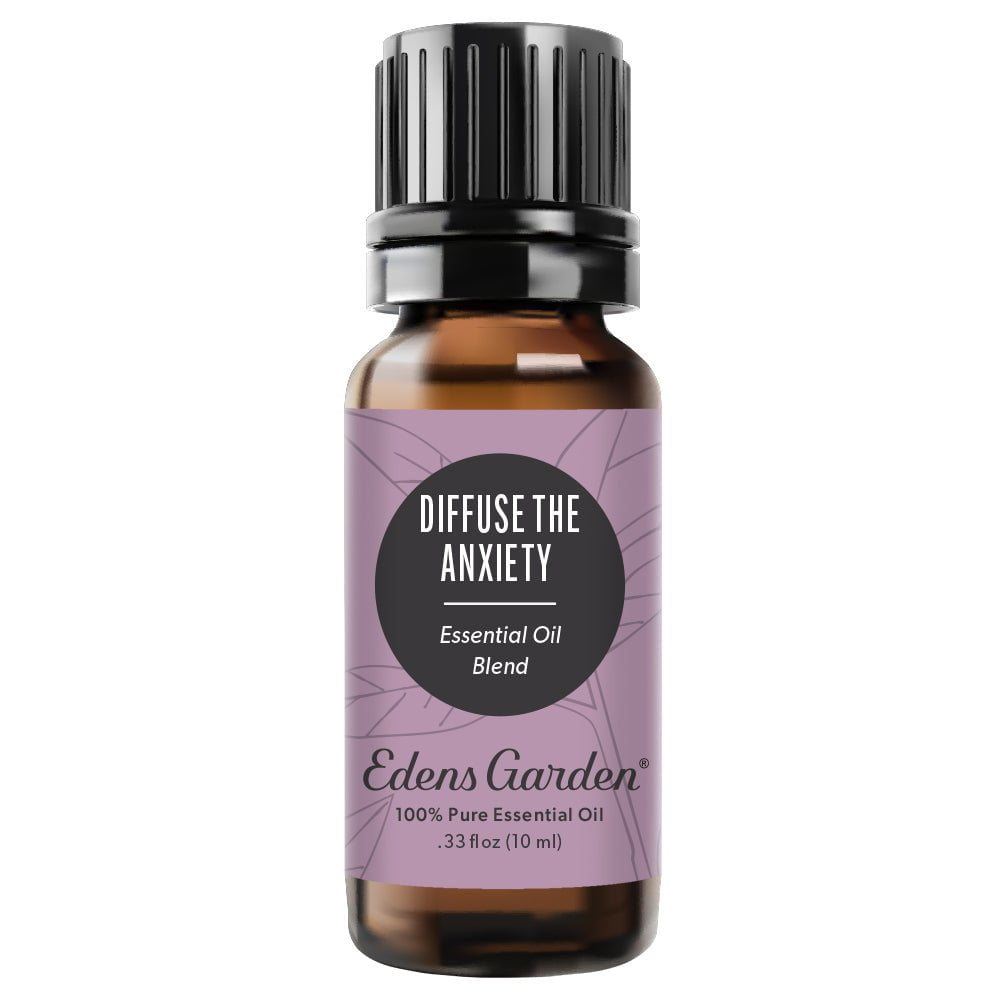Essential oils are effective for relaxation, providing a soothing and calming effect on the mind and body. Enhance relaxation with essential oils.
From lavender to chamomile, these oils support relaxation and promote a sense of tranquility. Experience the benefits of essential oils for relaxation and unwind from the stresses of daily life. Incorporating essential oils into your self-care routine can help reduce anxiety and promote better sleep.
Discover the power of these natural remedies and find peace and serenity in your daily life.

Credit: floralessentialoils.com
Benefits Of Essential Oils
Essential oils offer various benefits that can promote relaxation and overall well-being. Below are the key benefits of incorporating essential oils into your daily routine:
Natural Stress Relief
Essential oils can help alleviate stress naturally, soothing the mind and body.
Improved Sleep Quality
Using essential oils before bedtime can improve sleep quality and promote relaxation for a restful night.
Popular Essential Oils For Relaxation
When it comes to finding natural ways to unwind and relax, essential oils are a popular choice. These potent plant extracts have been used for centuries to promote calmness, reduce stress, and enhance relaxation. In this article, we will explore three popular essential oils known for their relaxation properties: Lavender Oil, Chamomile Oil, and Ylang Ylang Oil.
Lavender Oil
Lavender oil is perhaps one of the most well-known essential oils when it comes to relaxation. Its soothing aroma has been shown to reduce anxiety and promote a good night’s sleep. This versatile oil can be used in a variety of ways, including diffusing it in your home, adding a few drops to your bathwater, or even diluting it and applying directly to your skin. Whether you’re feeling stressed or simply want to create a calming atmosphere, lavender oil is a go-to choice.
Chamomile Oil
Chamomile oil is another excellent essential oil for relaxation. Known for its soothing properties, chamomile oil can help calm the mind and relax the body. It is commonly used as a natural sleep aid and can be diffused or applied topically. The gentle scent of chamomile has a calming effect, making it perfect for creating a serene environment before bedtime. If you struggle with restlessness or need help winding down at the end of the day, chamomile oil can be a wonderful addition to your relaxation routine.
Ylang Ylang Oil
Ylang Ylang oil is widely appreciated for its floral aroma and relaxing qualities. With its sweet and exotic scent, this essential oil has a calming effect on both the mind and body. It can help reduce stress, anxiety, and promote feelings of tranquility. Ylang Ylang oil is often used in aromatherapy and massage, but it can also be enjoyed by diffusing it at home or adding a few drops to a warm bath. If you’re looking to create a peaceful and serene atmosphere, ylang ylang oil is worth considering.
In conclusion, these popular essential oils—lavender oil, chamomile oil, and ylang ylang oil—can be effective tools for achieving relaxation and reducing stress. Whether you prefer their aromatic benefits or their topical applications, incorporating these oils into your self-care routine can help promote a sense of calm and well-being.
Methods Of Using Essential Oils
Discover effective methods of using essential oils for relaxation. By diffusing soothing scents, adding to baths, or blending with carrier oils for massages, essential oils can promote a calm and tranquil environment. Harness the natural benefits of essential oils to enhance your relaxation routine.
Aromatherapy
Using essential oils for aromatherapy is one of the most popular methods of gaining relaxation and reducing stress. This technique involves inhaling the aroma of essential oils, which stimulates the olfactory system and promotes relaxation throughout the body. Aromatherapy can be enjoyed in a variety of ways, such as through the use of diffusers, inhalers, or even by simply adding a few drops of essential oil to a warm bath. The soothing scents of lavender, chamomile, and bergamot are particularly known for their calming properties and are often used in aromatherapy for relaxation.Topical Application
Another effective method of using essential oils for relaxation is through topical application. When applied to the skin, essential oils can penetrate the bloodstream and provide therapeutic benefits. It is important, however, to dilute essential oils with a carrier oil to prevent skin irritation. Popular carrier oils include jojoba oil, coconut oil, and almond oil. Massaging a diluted mixture of essential oils onto the skin can help to release tension and promote a sense of calm. A gentle massage with essential oils is especially beneficial for relieving muscle aches and pains, as well as promoting relaxation after a long and stressful day.Inhalation
Inhalation is another common method of using essential oils for relaxation. This technique involves directly inhaling the aroma of essential oils, either by placing a few drops on a tissue or by using a personal inhaler. Inhaling essential oils allows the molecules to enter the respiratory system and reach the brain, where they can have a direct impact on mood and emotions. In addition to tissue and inhaler methods, steam inhalation can also be used to inhale essential oils. To practice steam inhalation, simply add a few drops of essential oil to a bowl of hot water, cover your head with a towel, and lean over the bowl to inhale the steam. This method is particularly effective for congestion relief and promoting a sense of relaxation.In conclusion, essential oils can be used in various ways to achieve relaxation and reduce stress. Whether you choose aromatherapy, topical application, or inhalation, incorporating essential oils into your self-care routine can help create a tranquil and soothing atmosphere. So, experiment with different methods to find the one that works best for you and enjoy the benefits of essential oils for relaxation.

Credit: www.pinterest.com
Considerations When Using Essential Oils
When using essential oils for relaxation, there are some important considerations to keep in mind to ensure safe and effective use.
Dilution Guidelines
Essential oils must be diluted before applying them to the skin to prevent irritation or adverse reactions.
- Use a carrier oil such as coconut or almond oil for dilution.
- Follow the recommended dilution ratio provided by the essential oil manufacturer.
- Always patch test a diluted mixture on a small area of skin before widespread use.
Possible Allergic Reactions
It’s crucial to be aware of potential allergic reactions that may occur when using essential oils:
- Skin irritation such as redness, itching, or burning.
- Respiratory issues like coughing or wheezing if inhaling the oils.
- If any adverse reactions occur, discontinue use immediately.
Combining Essential Oils For Maximum Relaxation
Combining essential oils for maximum relaxation can amplify the calming effects of aromatherapy. When certain oils are blended together, they create synergistic combinations that provide enhanced relaxation benefits. Creating personalized mixtures allows individuals to tailor the aroma and therapeutic properties to their specific needs.
Synergistic Blends
Combining essential oils in a synergistic blend can create a powerful relaxation tool. By mixing oils with complementary properties, such as lavender and chamomile, or bergamot and frankincense, you can enhance the overall relaxation benefits. Synergistic blends work by amplifying each oil’s individual effects, producing a more powerful and soothing aroma. These combinations can help alleviate stress, anxiety, and promote a deep sense of calm.
Creating Personalized Mixtures
Customizing your essential oil mixture allows you to cater to your specific relaxation needs. Whether you prefer a floral, citrusy, or woody aroma, you can create a blend that resonates with you. Start by choosing a base note, such as cedarwood or sandalwood, then add middle and top notes to create a well-balanced and personalized fragrance. Experimenting with different combinations will help you discover the perfect blend for your relaxation routine.

Credit: draxe.com
Frequently Asked Questions Of Essential Oils For Relaxation
What Essential Oil Is Best For Relaxation?
Lavender essential oil is best for relaxation due to its calming properties that promote stress relief.
What Is A Relaxing Essential Oil Blend?
A relaxing essential oil blend is a mixture of oils that helps to promote relaxation and reduce stress. It can be used in aromatherapy or applied topically to provide a calming and soothing effect on the mind and body.
What Essential Oil Is Good For Calming Anxiety?
Lavender essential oil is a good choice for calming anxiety. It has soothing properties that can help promote relaxation and reduce stress levels naturally.
Do Essential Oils Work For Calming?
Essential oils can help calm by reducing stress and anxiety, promoting relaxation and improving mood. Clinical studies suggest lavender, chamomile, and bergamot oils are beneficial.
Conclusion
Incorporating essential oils into your relaxation routine can significantly reduce stress and improve overall well-being. Experiment with different blends to find what works best for you. Embrace the calming benefits of essential oils in your daily self-care rituals for a more balanced and peaceful mind.
